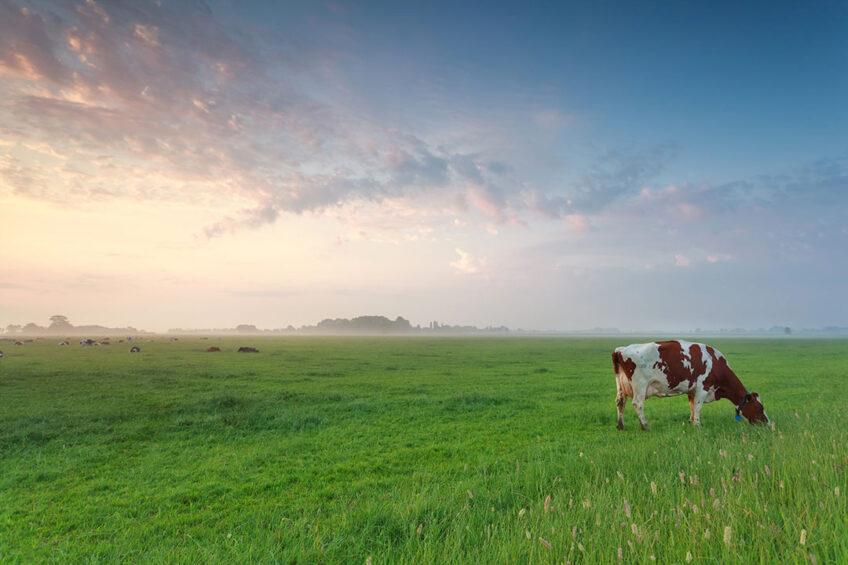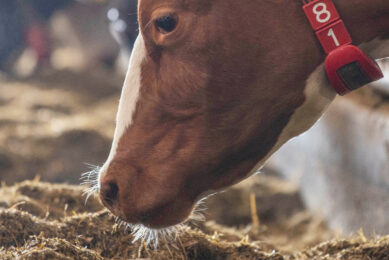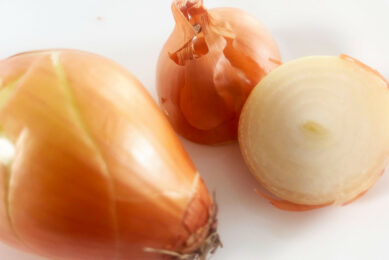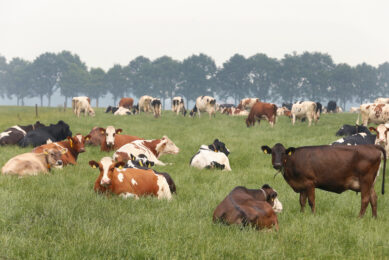Combatting methane: Fonterra and DSM collaborate

In an effort to lower methane emissions, Fonterra and DSM are working together to combat the challenges methane emissions bring to agriculture.
New Zealand dairy co-operative Fonterra and Royal DSM, a global science-based company active in health and nutrition have signed a collaboration agreement to accelerate the transition to lower methane agriculture, according to a recent press release.

Methane is a major challenge for the agriculture sector, particularly in New Zealand, where it makes up almost half of the nation’s greenhouse gas emissions. Finding and applying solutions that would significantly contribute to achieving Paris Agreement commitments and New Zealand Zero-Carbon goals is a key priority for both companies.
 New Zealand farmers have lowest carbon footprint
New Zealand farmers have lowest carbon footprint
New research shows New Zealand dairy farmers have the world’s lowest carbon footprint. The country’s dairy sector has half the emissions of other international producers. Read more…
DSM has developed a feed additive, called Bovaer, which effectively and consistently reduces methane emissions from cows by over 30%. The solution has recently been featured by the World Resources Institute as one of the 10 global break-through technologies that can help to feed the world sustainably.
Fonterra Group Director Farm Source Richard Allen stressed that finding a solution to the methane challenge requires more than just the hard graft farmers are putting in. “We need to find a breakthrough in reducing emissions from cows and Bovaer could provide exactly that. This work with DSM is an exciting opportunity for the Co-op.”
Mark van Nieuwland, global program head for DSM nutritional products said: “Both companies have worked together for many years, and it’s a pleasure to extend this to the field of sustainability and climate change. With Fonterra, we have an important partner to potentially commercialise Bovaer in New Zealand and globally.”
For more info on Bovaer, click here.
Source: DSM
Join 13,000+ subscribers
Subscribe to our newsletter to stay updated about all the need-to-know content in the dairy sector, two times a week.










